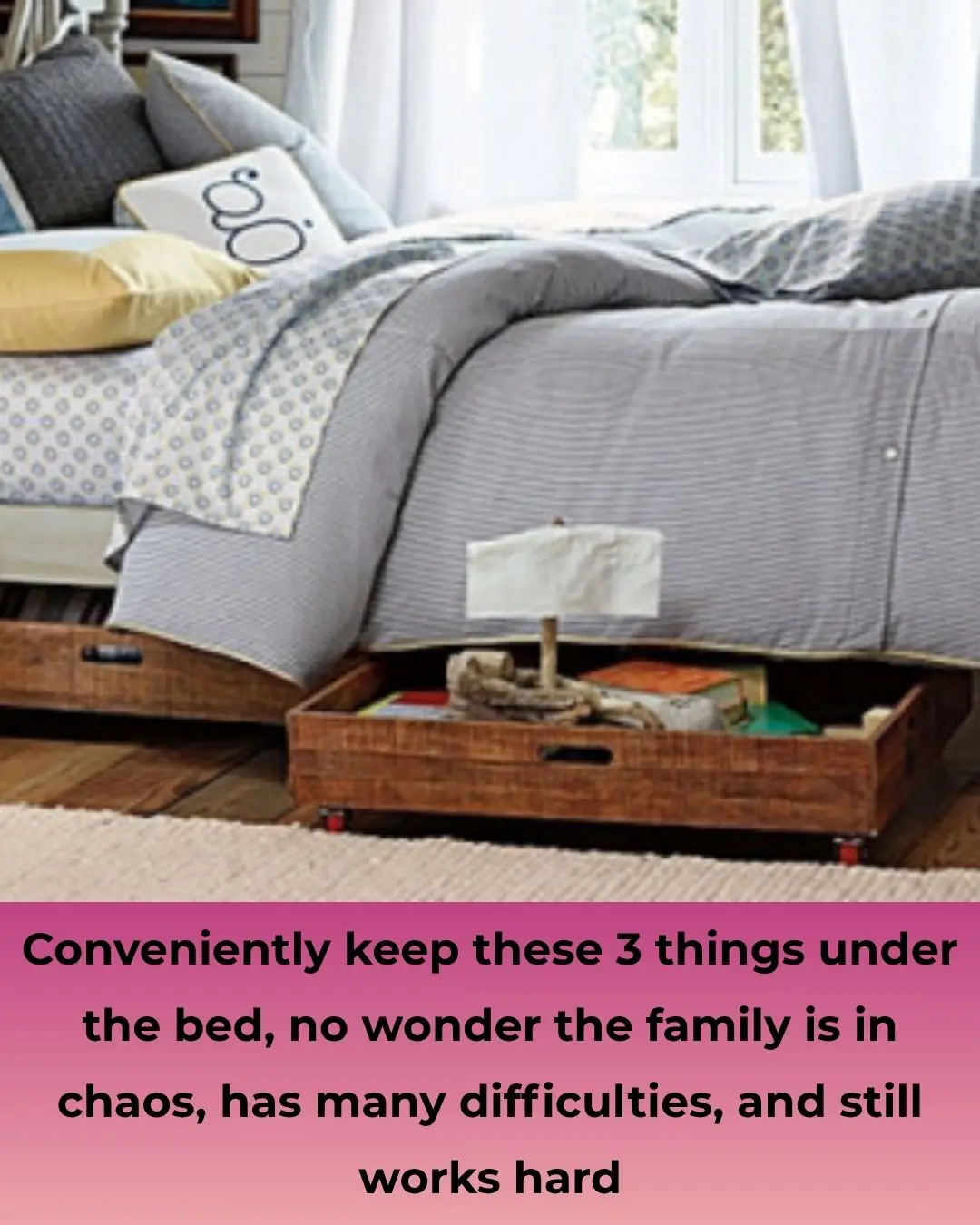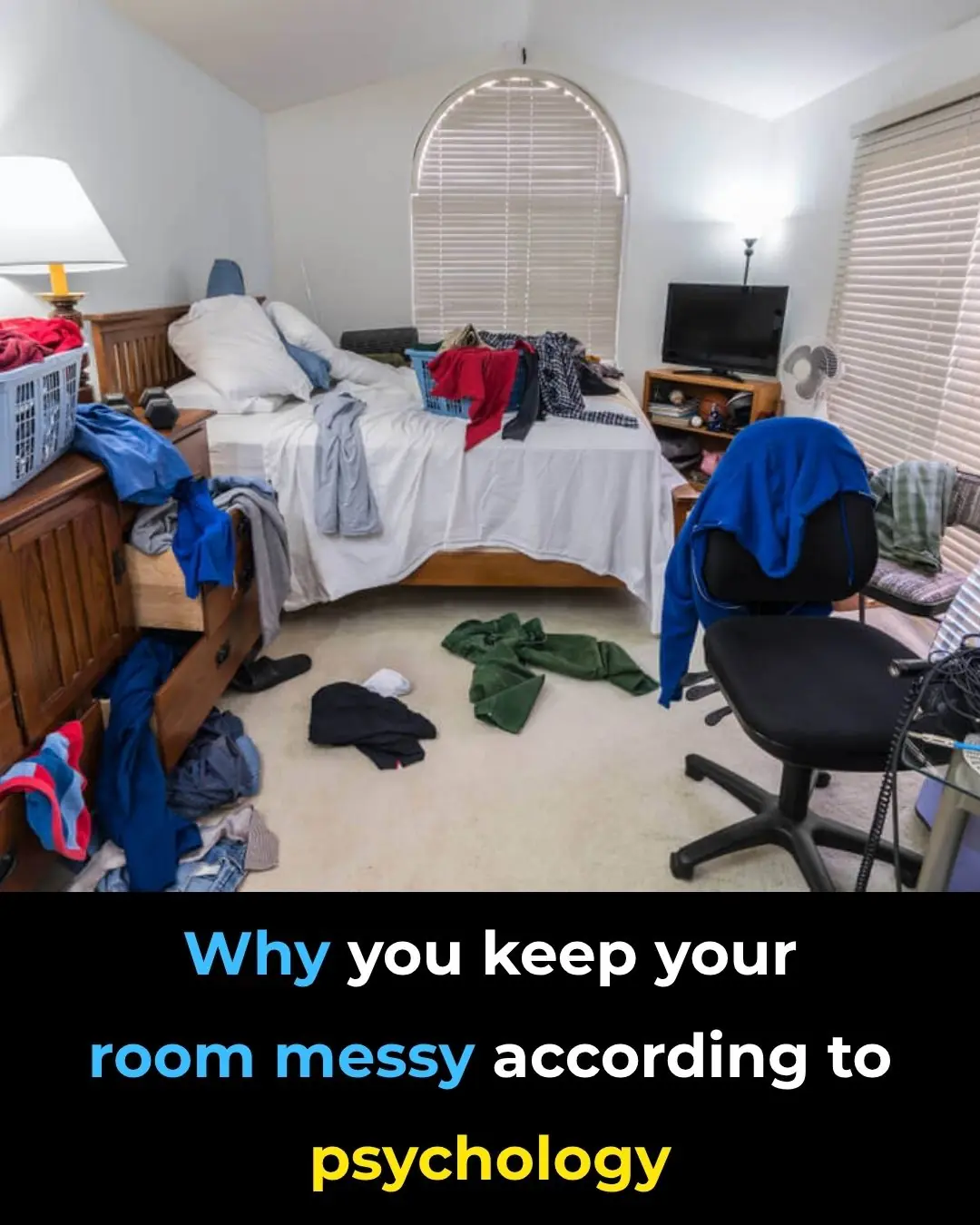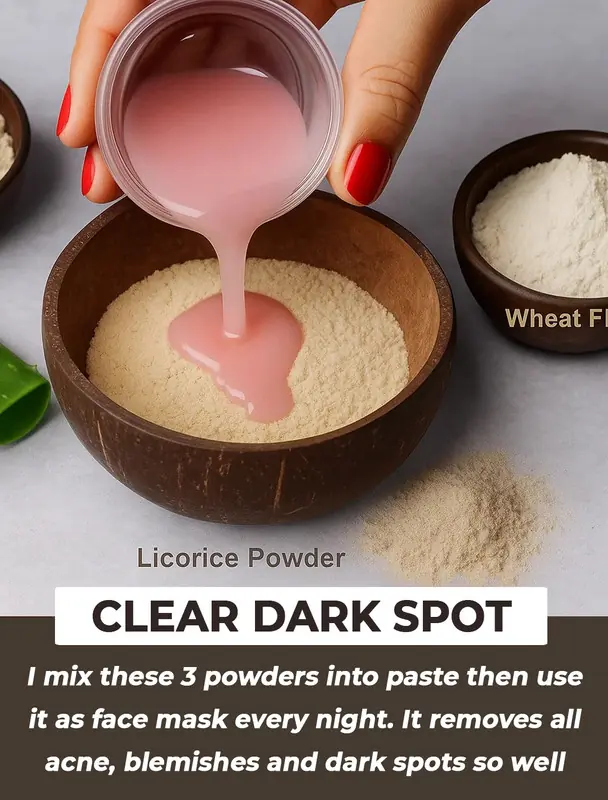
Here’s Why Many Couples Start Sleeping In Separate Beds After 50

At first glance, sleeping in separate beds might seem like a red flag in a relationship—something we associate with distance, conflict, or waning intimacy. For generations, the idea of a couple not sharing a bed has carried a certain stigma, as if physical closeness during sleep were the only measure of emotional closeness.
But for many couples in their 50s and beyond, the opposite is proving true. Choosing to sleep apart is often a wise, compassionate, and deeply respectful decision—one rooted in understanding, self-awareness, and a shared desire to preserve both love and rest.
As our bodies and lifestyles change, so do our sleep needs. And more couples are realizing that a good night’s sleep isn’t just a personal luxury—it’s a cornerstone of a healthy, lasting relationship. Here’s why this trend is growing, and why it might actually strengthen, not weaken, your bond.
1. Health Concerns That Disrupt Sleep
As we age, health issues that interfere with rest become increasingly common. Snoring, sleep apnea, acid reflux, restless leg syndrome, and insomnia can all make the night a battlefield of interruptions. Even a mild case of one partner’s tossing, turning, or snoring can rob both people of deep, restorative sleep.
Chronic fatigue doesn’t just make you tired—it can strain communication, lower patience, and increase irritability. Rather than allowing exhaustion to breed resentment, many couples find that sleeping separately offers a practical solution. It lets both partners reclaim their energy and approach each day—and each other—with more calm and care.
For some, this choice even enhances their health. Better sleep supports immune function, cognitive clarity, mood stability, and heart health—all of which become more vital with age. In short, a well-rested partner is a more loving, attentive one.
2. Different Sleep Patterns and Preferences
By our 50s, our circadian rhythms often change. We might fall asleep earlier, wake up before dawn, or find ourselves more sensitive to environmental factors like temperature, light, or noise. One partner may need a warm, cozy cocoon, while the other sleeps best in a cool, dark room with a firm mattress and total silence.
Trying to sync those differences in a single bed can feel impossible. Separate sleeping arrangements allow each person to customize their environment—from pillow type to lighting—to match their own comfort needs.
Couples who do this often say that, paradoxically, sleeping apart brings them closer emotionally. Without nightly disturbances, both partners wake up feeling refreshed and better able to give each other the best of themselves during the day.
And of course, sleeping separately doesn’t mean giving up physical closeness altogether. Many couples still cuddle, talk, or relax together before bed—then part ways for sleep, knowing they’ll both wake rested and ready to reconnect.
3. Respecting Personal Space Can Strengthen Intimacy
Long-term relationships evolve. After decades of shared responsibilities—raising children, managing careers, supporting aging parents—many couples find renewed value in personal space.
Having your own bed or even your own room doesn’t signal emotional distance; it can actually represent emotional maturity. It acknowledges that two people can love each other deeply while still respecting their individual needs.
When partners give each other room to breathe, several positive shifts often occur:
-
Less nightly friction: No more debates over blankets, snoring, or alarm times.
-
More emotional patience: Rested partners tend to be kinder, funnier, and more affectionate.
-
Greater appreciation for shared moments: When you choose closeness intentionally, it feels special again.
Interestingly, some couples report that sleeping apart reignites intimacy. They experience anticipation, like the early days of dating—knocking on each other’s door for a morning coffee or an evening chat. It’s a gentle reminder that closeness can be cultivated in many ways, not just through shared sleep.
4. Breaking the Stigma Around “Sleep Divorce”
The term “sleep divorce” has popped up in headlines to describe this arrangement, but it’s an unfortunate label. In reality, it’s less about divorce and more about renewal.
Relationship therapists increasingly note that separate sleeping can be a sign of proactive communication—a couple’s willingness to adapt rather than let nightly frustrations erode their bond. What matters is the intention behind the decision. If the goal is more rest, better moods, and a stronger connection, it’s a positive and loving choice.
Couples who embrace this shift often talk openly about it with friends and family, helping to normalize the idea that different sleeping arrangements don’t define the strength of a relationship—mutual care does.
💬 The Bottom Line: Separate Beds, Shared Love
Sleeping in separate beds doesn’t mean a relationship is faltering. More often, it’s a sign of wisdom and adaptability—a recognition that true intimacy comes not just from proximity, but from understanding, respect, and shared well-being.
Many couples who adopt this practice continue to enjoy fulfilling romantic lives. They’ve simply discovered a new rhythm—one that honors both connection and individuality.
If you or your partner are struggling with sleep, don’t be afraid to have an open, judgment-free conversation about it. What might once have felt taboo could turn out to be one of the healthiest, most loving decisions you make together.
Because when both partners are well-rested, energized, and emotionally balanced, love doesn’t fade—it flourishes.
News in the same category


5 Phrases That Indicate a Man is About to Leave His Wife for Another Woman

Can You Find The Missing Girl in the Wilderness

Why You Keep Your Room Messy According to Psychology

New Research Upends 10,000-Step Rule for Older Adults

How Science Reveals the Hidden Power of the Brain to Heal from Emotional Trauma

Can you spot the hidden dog? Only people with eagle eyesight can!

Can you spot the book, egg, cup, and pillow?

Scientists discover evidence of 'Adam and Eve' living 200,000 years ago

Discover Love in the Little Things: Everyday Connections

The Political Science Of Ending Animal Testing In The US

These organic burial pods will turn your body into a tree after you die

Tragus Piercing What Does It Mean

💪 Sarcopenia: Why Muscle Loss Happens & How to Fight It (After 50)

Japanese scientists delete chromosome that causes down syndrome

Princeton Just Changed Higher Education Forever: Families Earning Under $250K Won’t Pay a Single Dollar in Tuition

8 Signs That Two Souls Are Connected, No Matter The Distance

Can you spot the book, egg, cup, and pillow?

Inside Sweden’s Cashless Future: Thousands Opt for Microchip Implants
News Post

Can Onion Juice Gently Support Eye Health? A Natural Tip to Try

Bed Bugs Hate This! How Diatomaceous Earth and Cloves Can Wipe Them Out

These are the consequences of sleeping with the…

5 Common Foods That Often Contain Parasites — Many People Eat Them Daily

1 Vitamin Stops Calcium Buildup in Arteries and Heart

S:ida Acuta: Exploring the Healing Properties of this Herbal Remedy

DIY Flaxseed Collagen Night Gel for Hydration and Rejuvenation

10-Day Licorice Treatment for Dark Spots: Fade Pigmentation and Achieve Glowing Skin Naturally

Easy Recipe to Make ABC Collagen Ice Cubes at Home: The Secret to Glowing, Firm Skin

2 Mins Black Shampoo For Grey Hair

Why this doctor refuses to prescribe statins for high cholesterol

The 'divine' secret to frying

Why do we have to leave our phone face down on the table when we are not using it?

Hanging a towel on the door handle before bed: Unexpected benefits but few people know

Tips for conditioning your hair with over-cooked bamboo shoots

Treat premature gray hair thanks to the black dye formula

What Are These Strange Black Dots In Your Kitchen

Magic Eraser can be used for almost anything, but here's what you didn't know

Wrong understanding turns water purifiers into diseases, remove them immediately to avoid harming the whole family
